Nigerian sport is on break.
With the seeming lull in sporting activities across the land, that’s what it looks like. Covid-19 is not going away and not helping matters, at all.
Aside that, the global environment is pregnant with despairing news of serious and unending crisis and conflicts – political, economic, social, health, cultural, and even spiritual.
There does not seem to be any remedies in sight, of some grand plan or design, to put in place structures and policies to harness the opportunities that abound in this industry despite the evidences all around in the global theatre of sport.
Sport may be already a 4 trillion-Dollar industry, but it is still virgin in many parts of Africa, including Nigeria where the industry has not even scratched the surface. Despite the best intentions by the current Sports Minister, the ship of sport continues to rock dangerously, tilting and lilting, from side to side in dangerous waters.
But for the undefined spirit of resilience of Nigerians, their country would have falling from the precarious edge of a cliff where it had continued to perch dangerously into the abyss of despair down below. They have mastered the art of staying alive, scarred but undaunted, still ranking high in the global index of ‘happiest people in the world’.
Sport does not have immunity from the general affliction.
Gernot Rohr may not go!
Take football for example.
Following the angry reactions that trailed the performances of the Super Eagles some two weeks ago, it is hard to believe that the German coach who should have been history by now, is still straddling the Nigerian football scene, and the world did not end.
Nigeria is like a pregnant woman who, after delivering her baby, quickly forgets the painful experience and returns with a smile to the procreation bed.
Two weeks after all that noise about firing Gernot Rohr, the discussions about how to do it without collateral damage is still ongoing, even as the man continues to seat on the saddle, and has returned to his ‘vacation’ job in Europe. It is reported that he has even sent the list of players he would be taking to AFCON to his employers, the NFF.
No one should be surprised to find the German leading the Super Eagles to Qatar in November next year. As for AFCON, that is already a fait accompli.
Endless NBBF crisis
When the crisis in the Nigerian Basketball Federation was at nerve-breaking point a few weeks ago, everyone thought the world would end. The last board’s tenure ended without an election conducted, and the Sports Ministry stepped in and created a Caretaker Committee, embraced by everyone, to avoid a vacuum in administration and a breakdown of law and order. People thought the end of the crisis was in sight.
It is now several weeks after. The caretaker committee’s tenure has been terminated. Elections have not been held. Old and buried crisis have resurrected their ugly head again. FIBA, the international body for basketball, has been drawn into the fray and is breaching its own fundamental, non-interference-by-any-third-party, rule.
FIBA has seized on the opportunity created by the communication to it of a ‘Third-Party’ (the sports ministry) to infringe on its own rule and interfere in the business of an Independent member. Or how do you describe FIBA’s threat and its instructions to a non-existent board on when and with what instrument (statutes) an election by its independent member must be conducted?
The Ministry keeps committing the fundamental error of communicating directly with FIBA, trying to get them to understand the reasons for the ministry’s ‘interference’. That is surely not the way to go as the recent response from FIBA to the ministry confirms.
Meanwhile, in the peculiar environment of Nigeria, the sports ministry is not a ‘Third-party’ but an involved major stakeholder, their role and place entrenched in the statutes. Furthermore, the authenticity of the constitution which FIBA INSISTS dictatorially must be used is being challenged by some legitimate stakeholders, and may not even reflect the fundamental vision for the sport of basketball by the country under whose sovereign laws the sports federation has to operate, or it fails to exist.
At this point, except the sports ministry wants to ‘surrender’ the sovereignty of Nigeria to an international organization (a power it lacks), and to create a dangerous precedence that will affect and consume other federations down the line, it must stand up to the ‘blackmail’ of FIBA, and challenge them for infringing on their own fundamental rule of interfering in the domestic power-struggle in Nigerian basketball.
FIBA must steer clear and let the NBBF solve her own internal problem.
The sports ministry must also desist from communicating directly with FIBA and indirectly arming them with the excuse to get involved. The sports ministry must take up its role as a legitimate stakeholder and deploy internal measures to tackle the issue of these elections once and for all, and be damned.
After this, I will pass no more comment on this particular matter because I am an involved stakeholder by virtue of my acting Chairmanship of, probably, the biggest basketball club in Nigeria. For two years, this crisis has held down the domestic game and the lives and careers of basketball players. It must come to an end, but not under the threat by an external-party that FIBA has become.
Table Tennis lights up Nigerian sports
As these other challenges are simmering, through the dark clouds bursts out a ray of sunlight to brighten the sky over Nigerian sport.
It came totally from the blues.
This past week, table tennis came forcefully to the front burner of Nigerian sports, capturing the country’s attention in a vice-like grip, and serving as a reminder that other minor sports need attention. Table tennis was not minor during an era in Nigeria’s sports history. It competed in popularity and followership in the Lagos area with athletics, boxing and basketball.
Last week, the game returned with a bang into Nigerians’ consciousness in faraway Houston, Texas, USA, venue of the just-concluded World table tennis championships.
After his performance at the championship, a lone figure has mounted the rostrum of unprecedented achievement by an African by ending up as the 13th ranked best player in the world.
Nigeria’s Aruna Quadri became the first African in history to get to the quarter-finals of the championship. Indeed, he was only a few unlucky shots away from earning a place in the semi-finals, if only he had managed to beat the bugs of excitement at earlier unprecedented victories and adopted a more conservative style to tackle his young 19-year old conqueror from Sweden.
Aruna put up some of the more memorable performances at the championship, a ruthless, unadulterated, all-attacking style of play that left the audiences breathless and commentators searching for superlatives to describe it. His performance was a great advertisement for the sport of table tennis in the United States and, indeed, for the Third World.
He has written his name in the history books, and at 33 and is still going strong, he will be around for several years to come inspiring a whole new generation of Nigerians to new heights in the world.
As if there is a conspiracy of the elements, even in administration table tennis rose up to decorate plenty of Nigerians.
At the last count, 4 Nigerians have been appointed into committees of the International Table Tennis Federation. A Nigerian, former president of the Lagos State Table Tennis Association, and current Executive Deputy-President of the African Table Tennis Federation, was also elected in a landslide victory, as the new Vice-President of the International Table Tennis Federation. He thus becomes the second Nigerian in history to attain that height after Engineer Segun in the 1980s.
So, I congratulate Wahid Enitan Oshodi, and pray that from his exalted seat he will influence and bring bountiful benefits to table tennis in Africa as a whole, but, particularly, to Nigeria.
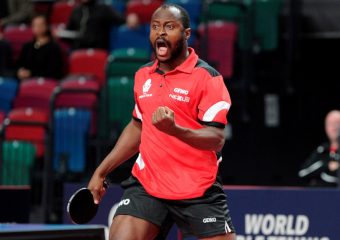
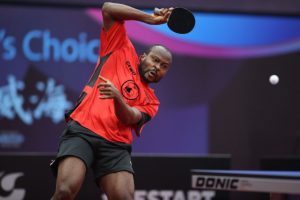

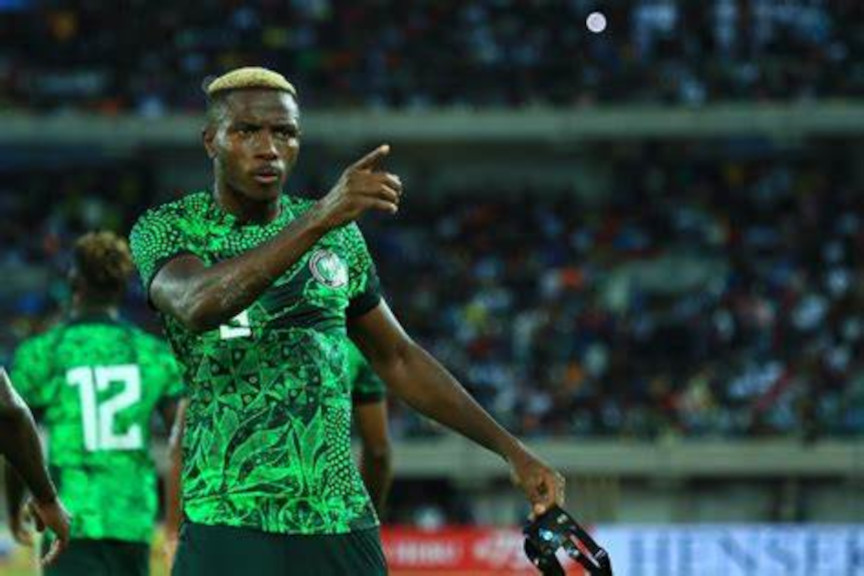

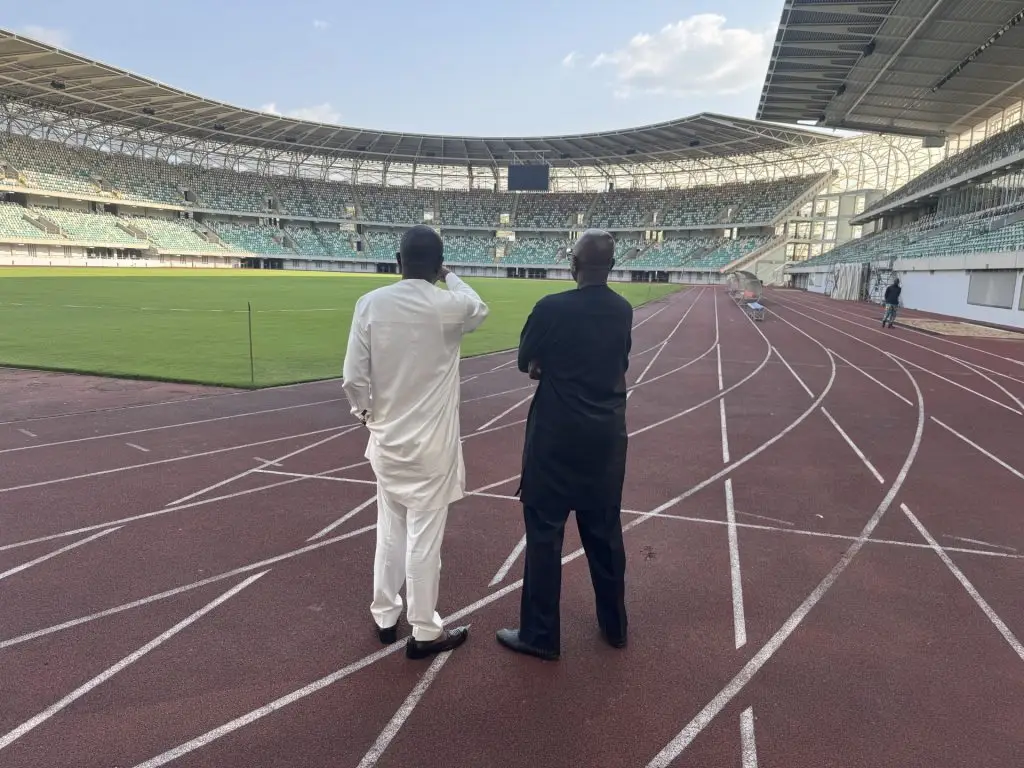
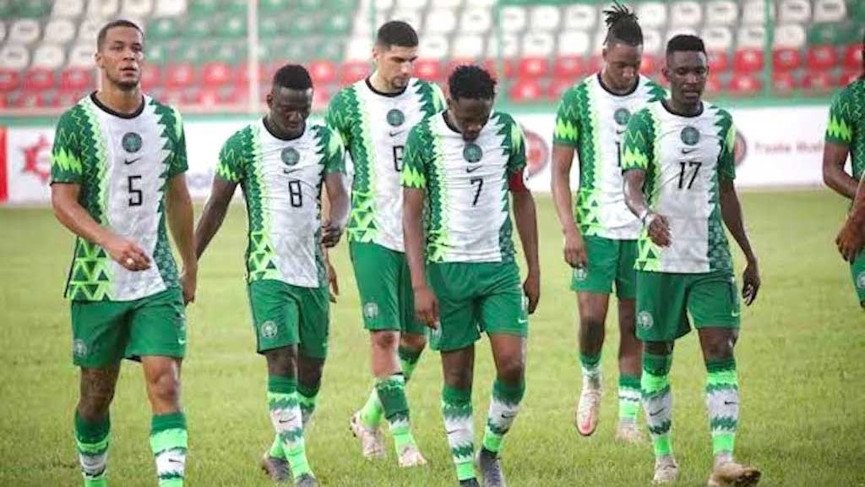



Latest Comments